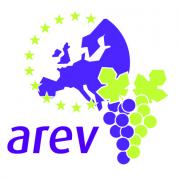
Sono stati numerosi gli interventi di professionisti e rappresentanti eletti che hanno animato una riflessione sulle grandi sfide della filiera vitivinicola nell'attuale contesto europeo, segnato dal progetto di riforma della Politica agricola comune (PAC) e dall'Organizzazione comune del mercato del vino.
Jean-Marie Aurand, dopo aver presentato l'OIV, ha ampliato la riflessione a livello mondiale, inserendola nella prospettiva delle grandi tendenze evolutive del settore, al fine di collocare adeguatamente la posizione dell'Europa in questo mercato sempre più globalizzato, in cui circa il 45% dei vini attraversa almeno una frontiera prima di essere consumato. Aurand ha evidenziato come l'Europa sia particolarmente rappresentativa della grande diversità dei prodotti proposti (marchi, indicazioni geografiche, vitigni, ecc.) che caratterizza il mercato mondiale e che, paradossalmente, ne garantisce la dinamicità nel rispondere alle aspettative dei consumatori, sempre più informati e sempre più esigenti.
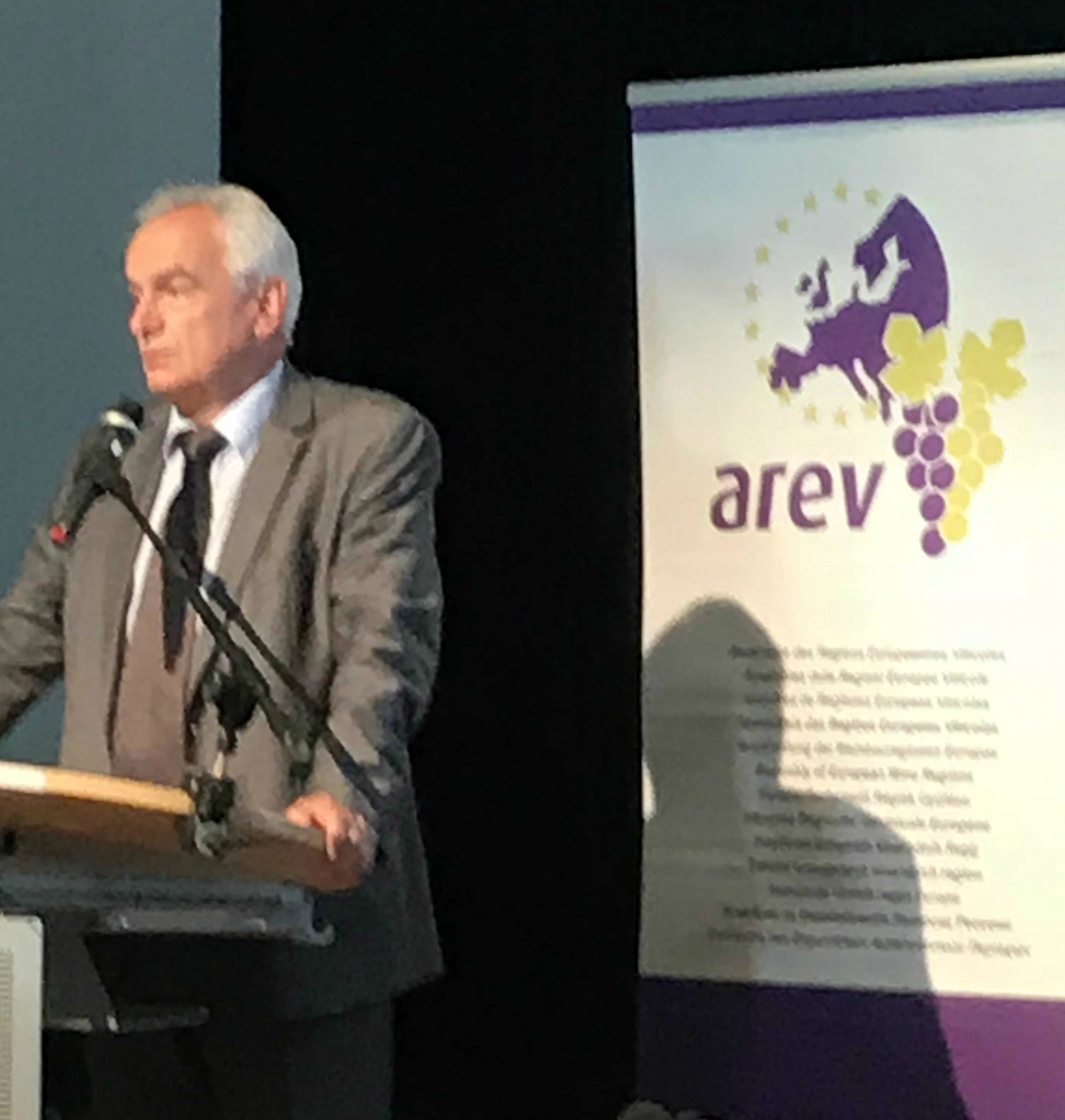
Per non mancare all'appuntamento con questa richiesta di autenticità, di origini territoriali, persino di storia o di patrimonio, il direttore generale dell'OIV ha sottolineato l'interesse nei confronti degli approcci regionali e federativi portati avanti dell'AREV nelle sue diverse dimensioni territoriali, enoturistiche e culturali in relazione con la civiltà del vino.
Infine, Jean-Marie Aurand ha ricordato il ruolo dell'AREV, che da molti anni è osservatore presso l'OIV, e ha espresso apprezzamento per il rafforzamento dei rapporti con quest'Assemblea, avvenuto negli ultimi anni.
L'AREV è un foro che riunisce i rappresentanti politici di quasi 75 istituzioni regionali europee e i rappresentanti del mondo professionale regionale. Forte di questa duplice rappresentatività, l'AREV interviene presso tutte le istituzioni e gli organi incaricati, direttamente o indirettamente, della politica vitivinicola europea o mondiale. In questa occasione, l'AREV ha riconfermato continuità del proprio presidente, Emiliano Garcia-Page Sánchez (presidente della comunità autonoma di Castiglia-La Mancha) e del presidente del proprio collegio professionale, il lussemburghese Aly Leonardy.

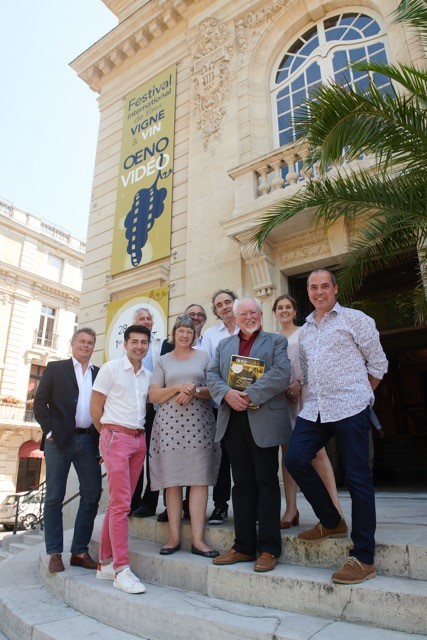
©LoïcLemahieu/AudreyMarcy
Il teatro Gabrielle Dorziat a Epernay (riconosciuto come monumento storico) ha accolto le 38 proiezioni ufficiali, selezionate tra 128 film in competizione provenienti da 19 paesi. L'edizione 2018 ha confermato il suo carattere internazionale e ha premiato opere provenienti da Cile, Cina, Spagna, Stati Uniti d'America, Francia, Regno Unito, Italia e Libano. Guarda tutti i premi.
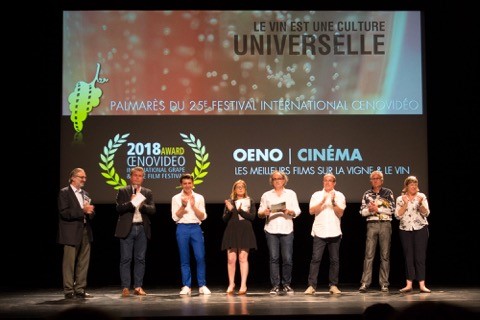
©Loïc Lemahieu/Audrey Marcy
Festival itinerante sin dalla sua creazione, su invito del Comité Champagne e della città di Epernay, Oenovidéo ha celebrato il suo primo quarto di secolo brindando con le bollicine tipiche della regione.
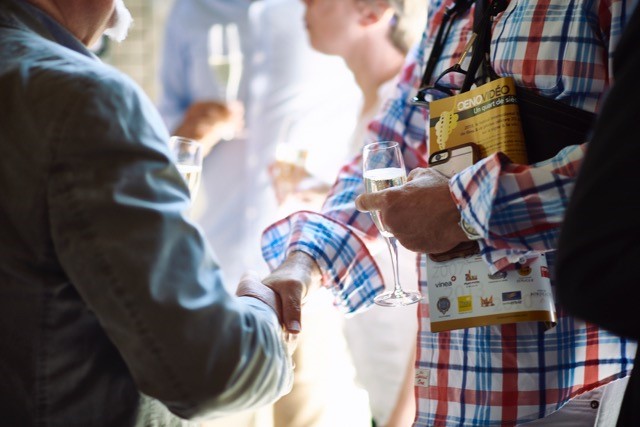
Insieme al festival si è svolta a Reims la 13ª edizione di Terroir d’Images. L'esposizione, che sarà visitabile fino al 13 luglio 2018 presso la Maison Diocésaine Saint Sixte, ha come tema la "Biodiversità: dalle luci dell'alba al chiarore della luna – Nelle vigne e dintorni" (Biodiversité : du jour naissant au clair de lune - Dans les vignes et alentours). Sono state selezionate oltre 100 immagini tra le 1500 foto presentate da artisti provenienti dai 15 paesi in gara. Il vincitore del gran premio verrà reso noto durante la cerimonia ufficiale di consegna dei premi, che si terrà il 17 ottobre 2018 a Parigi, presso il Palais de Luxembourg.
Il cambiamento climatico e la sostenibilità: tema centrale delle pellicole presentate
L'addetta stampa dell'OIV, Daniela Costa, è rimasta colpita dalla qualità di questa edizione segnata dalla comune preoccupazione di tutti i film in gara: il cambiamento climatico e la sostenibilità.
Questa è una tematica prioritaria per l'OIV, come dimostrato dalla presenza della promozione della viticoltura sostenibile in una delle cinque linee definite dal Piano strategico 2015-2019 dell’Organizzazione. L'OIV, inoltre, ha ristrutturato nel 2015 i suoi gruppi di lavoro creando un gruppo multidisciplinare orizzontale, il Gruppo ENVIRO, dedicato allo sviluppo sostenibile e al cambiamento climatico.
Per saperne di più sui lavori dell'OIV in materia di sviluppo sostenibile e cambiamento climatico:
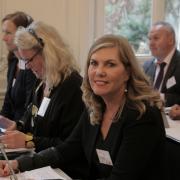
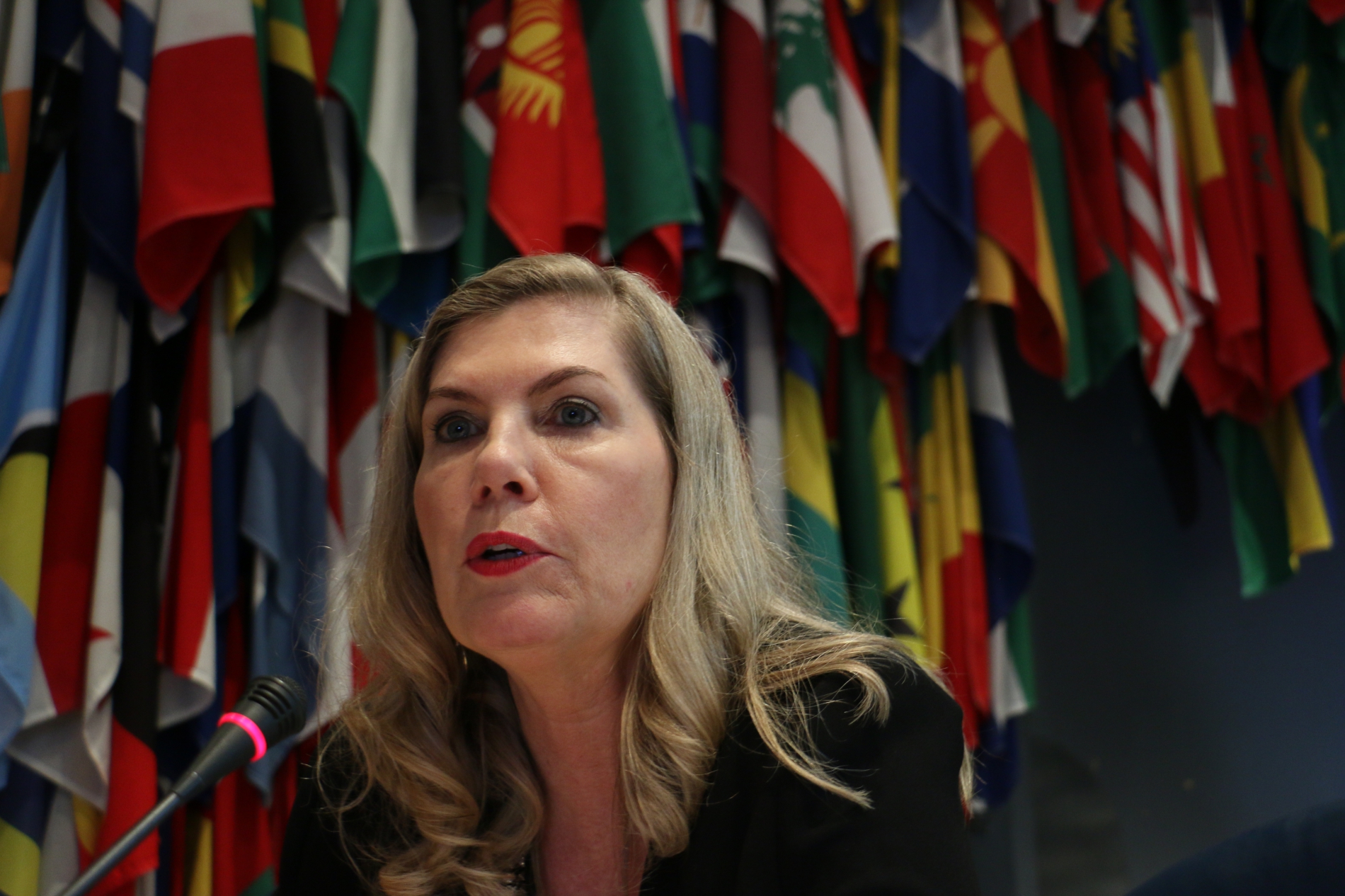
Sarà una brasiliana a succedere alla tedesca Monika Christmann alla presidenza dell'Organizzazione internazionale della vigna e del vino per i prossimi tre anni.
Regina Vanderlinde, ordinaria di Biotecnologia all'Università di Caxias do Sul, è stata eletta dagli Stati membri dell'OIV per presiedere i vari organi dell'Organizzazione per un mandato di tre anni.
Dottoressa in Scienze biologiche con specializzazione in Enologia e Ampelologia presso l'Università di Bordeaux, Vanderlinde è da parecchi anni membro della delegazione brasiliana presso l'OIV, in cui è stata segretaria scientifica della Sottocommissione "Metodi di analisi".
La nuova presidente si è rallegrata per questo riconoscimento della viticoltura sudamericana da parte della grande famiglia dell'OIV e si è detta orgogliosa di essere la terza donna a presiedere consecutivamente l'Organizzazione.
Breve video nel quale la nuova presidente esprime il suo ringraziamento agli Stati membri e annuncia gli obiettivi che intende raggiungere alla presidenza dell'OIV (in francese con sottotitoli in inglese):
In occasione di questa Assemblea generale sono stati eletti, sempre per tre anni, anche i presidenti degli organi scientifici:
Commissione I "Viticoltura"
Vittorino Novello (Italia) succede a Benjamin Bois (Francia)
Commissione II "Enologia"
Dominique Tusseau (Francia) succede a Luigi Moio (Italia)
Commissione III "Economia e diritto"
Dimitar Andreevski (Bulgaria) succede a Tony Battaglene (Australia)
Commissione IV "Sicurezza e salute"
Gheorghe Arpentin (Moldova) succede a Nuria García Tejedor (Spagna)
Sottocommissione "Metodi di analisi"
Markus Herderich (Australia) succede a Ondrej MIKES (Repubblica ceca)
Sottocommissione "Uva da tavola, uva passa e prodotti non fermentati della vite"
Alejandro Marianetti (Argentina) succede a Luis Peres de Sousa (Portogallo)
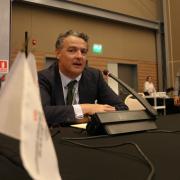
Durante la 16ª Assemblea generale dell'OIV, che si è tenuta a Punta del Este (Uruguay), i 47 Stati membri dell'OIV hanno eletto il direttore generale dell'OIV per il mandato 2019-2023.
Al termine delle votazioni, Pau Roca Blasco (Spagna), attuale segretario generale della Federazione spagnola del vino (FEV), è stato nominato 10º direttore generale dell'Organizzazione. Questi accompagnerà l'OIV al suo centenario.
Il nuovo DG ha dichiarato che si metterà rapidamente al lavoro sul futuro Piano strategico dell’OIV (2020-2024), contando sulle competenze riconosciute degli esperti che conosce così bene, essendo stato egli stesso membro della delegazione del proprio paese presso l'Organizzazione dal 1996 e presidente del Gruppo di esperti "Diritto e informazione del consumatore".
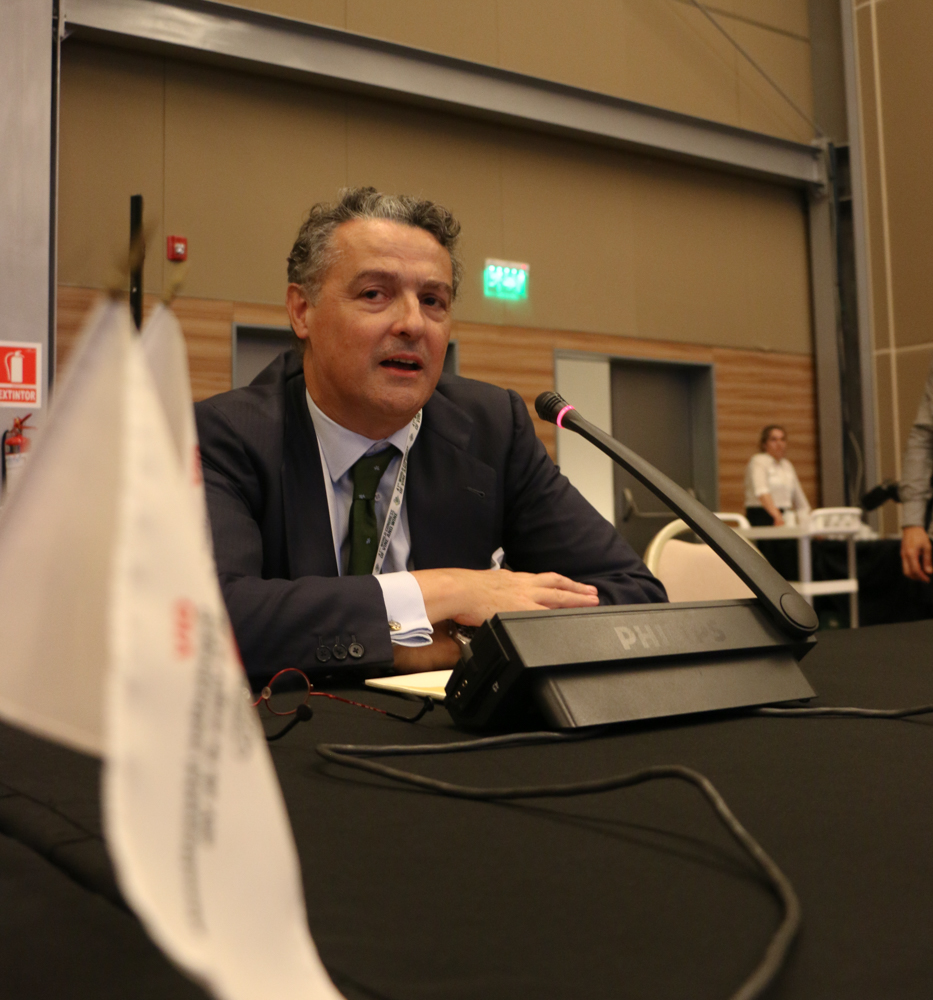
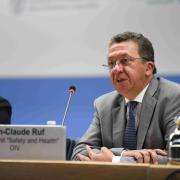
A margine della 41ª riunione della Commissione del Codex Alimentarius, l'OIV ha partecipato a una tavola rotonda aperta alle organizzazioni intergovernative sulle questioni legate all'autenticità e all'identità dei prodotti alimentari.
Nel corso di questa sessione, moderata da Carlos Laorden di El País, i partecipanti hanno evidenziato la necessità di definire una terminologia comune e di stabilire misure per la mitigazione dei rischi di contraffazione e di frode a danno dei consumatori.
Il miglioramento dei sistemi di tracciabilità, l'adozione di nuove tecnologie e lo sviluppo di nuovi sistemi informatici possono rappresentare elementi importanti nella lotta ai falsi.
Le norme dell'OIV
Jean-Claude Ruf, coordinatore scientifico dell'OIV, ha ricordato l'esistenza di sfide specifiche del settore vitivinicolo nelle quali le prassi fraudolente possono condurre più frequentemente a un'alterazione della qualità e dell'autenticità dei prodotti piuttosto che a problemi di sicurezza degli alimenti.
Per quanto riguarda l'OIV, questa necessità di autenticità e di identità si è tradotta nell'adozione di norme, in particolare in materia di:
- definizione dei prodotti,
- pratiche enologiche: in particolare, le pratiche enologiche devono tenere conto della sicurezza del consumatore, non modificare in modo significativo le qualità originali dell'uva e del vino e non ingannare il consumatore,
- etichettatura,
- elaborazione di linee guida sulla tracciabilità,
- elaborazione di norme analitiche per il controllo di tale tracciabilità e tale origine.
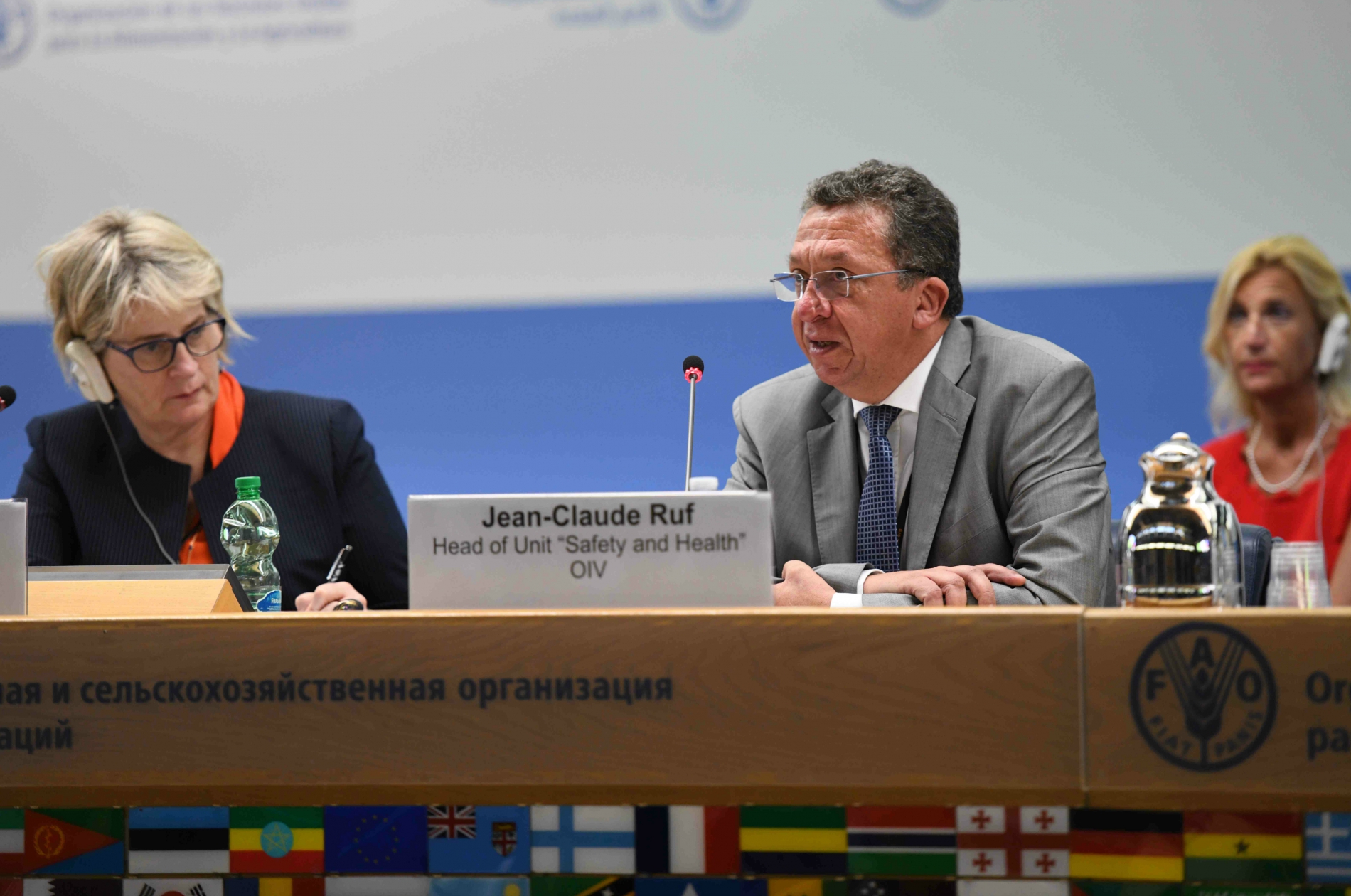
Tuttavia, ciò non è sufficiente a prevenire le possibili contraffazioni. I vini o gli alcolici a base di vino a forte valore aggiunto sono i più soggetti a contraffazione, da qui la necessità di porre in essere sistemi d'identificazione dei contenitori, ma anche di garantire un'adeguata formazione dei consumatori.
Sebbene le norme dell'OIV abbiano il fine di migliorare la qualità e la conservazione delle caratteristiche naturali ed essenziali dei vini, esse risultano addirittura indispensabili per evitare barriere tecniche al commercio in un mercato sempre più globalizzato (il 43% del vino consumato ha attraversato almeno un confine).
Concludendo, Jean-Claude Ruf si è rallegrato per la qualità dei rapporti tra l'OIV e il Codex Alimentarius (l'OIV ha lo status di osservatore) e ha ricordato che il Codex può fare affidamento sull'OIV in quanto organizzazione intergovernativa tecnica e scientifica di riferimento nel settore vitivinicolo.